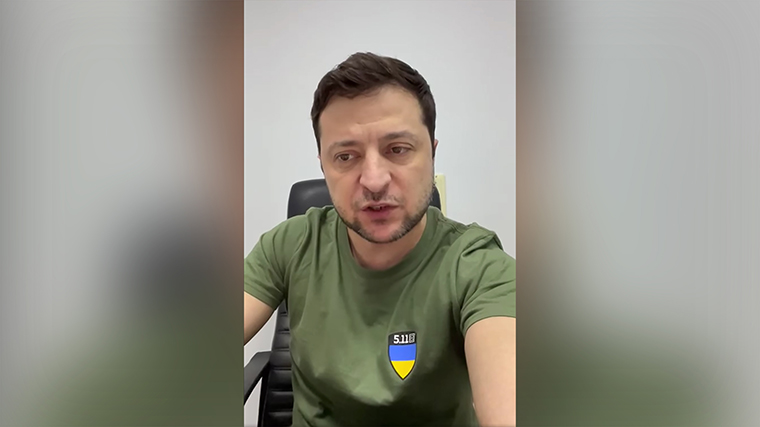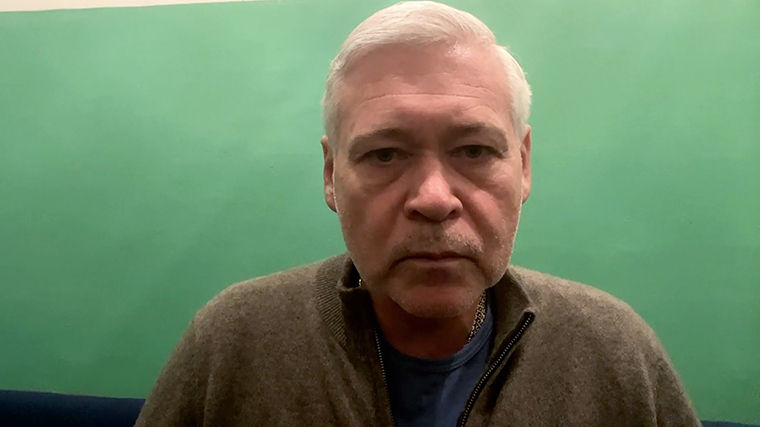All eyes are on the Zaporizhzhia nuclear power plant in Ukraine, where officials reported a fire breaking out amid heavy shelling by Russian forces. Here's what we know:
What happened? Ukrainian authorities said about 2:30 a.m. local time Friday that a fire had broken out at the nuclear power complex, located in Enerhodar, southeastern Ukraine.
The plant is the largest of its kind in Ukraine and contains six of the country's 15 nuclear energy reactors, according to the International Atomic Energy Agency (IAEA).
Fighting has since stopped in the area, a spokesperson for the power plant, Andrii Tuz, told CNN.
How serious is the situation? It's hard to say since there is still a lot we don't know — such as where the fire is located within the complex, whether the reactors have been impacted, whether there are secondary and tertiary cooling systems in place, and more.
But the plant has not sustained any "critical" damage, Tuz said. The fire has not affected any "essential" equipment, and staff are taking action to mitigate any damage, said the IAEA, citing Ukrainian authorities.
Are we seeing any radiation spikes? No — nuclear regulators and government bodies in the US and Ukraine say radiation levels appear normal at the moment.
What are the risks and how likely are they? The worst-case scenario would be if a fire or attack reached the reactors, disrupted their cooling system and caused a meltdown, which would release large amounts of radioactivity.
Graham Allison, professor at the Belfer Center, Harvard University, told CNN early Friday that plants have systems to automatically fight fires, but not "all fires" — so the situation depends on where the blaze is happening. And "not all fires in a power plant, have catastrophic consequences," he said.

